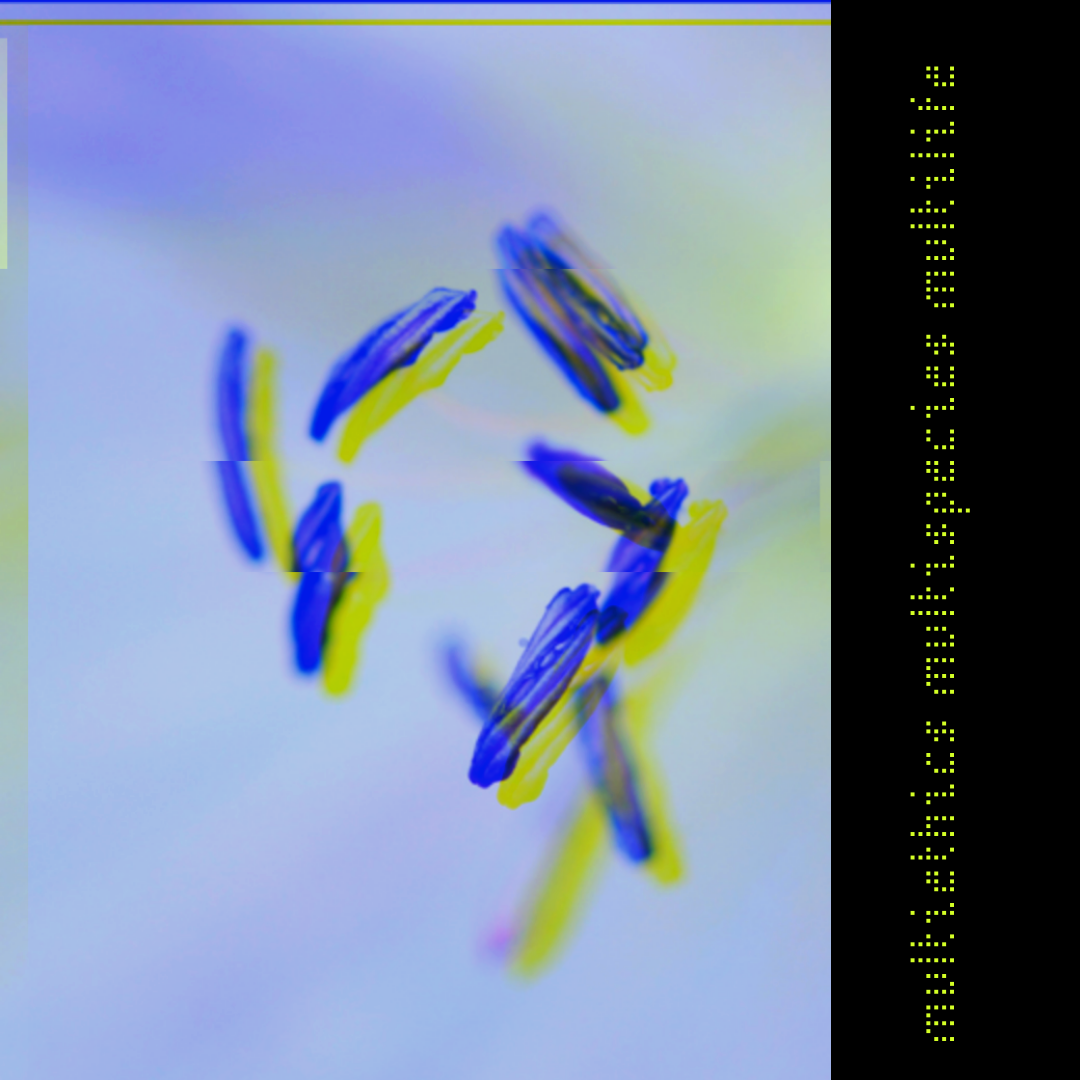
Anne McCrary Sullivan
Artist Statement: Talking & Listening to Plants
When I wrote the words that would become this poem, “Green Hell I’ve heard it called,” I was sitting on a chickee, a wooden platform built over water, in Hells Bay. I was surrounded by water and light and mangroves. I had arrived there by way of the tortuous Hells Bay Canoe Trail, one switchback turn after another through mangroves.
It’s true that I’ve heard it called Green Hell, the trail specifically, but sometimes also the whole complex maze of mangrove islands and channels east of Whitewater Bay in Everglades National Park. It’s easy to get lost back there, hard to move through sinuous, narrow passages between bays. But I knew this was not hell for me. It was paradise.
When I was back home, I returned to those words, wanting to play with them, riff a little on the idea of Green Hell, see if I could tease my way from there to green paradise. I wrote, overwrote, backed off, got tangled in a myriad of details, got lost, had to reorient. It was not unlike paddling out there, navigating slowly, trying to stay in the stream that would get me where I wanted to go.
I love that mangrove world, have been exploring it for two decades now. I love the way light plays in leaves that are mostly green but always speckled with gold because these trees are deciduous, not with a great seasonal falling but with a continuous subtle letting go, a few leaves at a time. They are always alive and always dying. I learn from this.
I love the way the mangroves interact with wind. In some areas where the trees are tall and the arching mangrove roots high, I hear a sort of singing moan that touches me in a way I don’t know how to name.
Mangroves are personal for me, important. Over time, I have learned of their importance for all of us. I knew early that mangroves were critical for stabilizing shorelines, holding back storm surge, but I was stunned when I first learned that acre for acre a mangrove forest sequesters more carbon than an Amazon rainforest.
Green Hell? I don’t think so. And those old-timer paddlers who laugh and use that monicker don’t think so, either. They love that mangrove world, too. If they didn’t, they wouldn’t keep going out there.
Anne McCrary Sullivan has been canoeing in the Everglades for over twenty years. She is a Florida Master Naturalist and a native plant enthusiast. Her work has appeared in many journals, and she is author of five books focused on the natural world. Of these, her two volumes of poetry are Ecology II: Throat Song from the Everglades and Notes from a Marine Biologist’s Daughter. She is a graduate of the Warren Wilson MFA Program for Writers. You can find her on the web at www.annemccrarysullivan.com.

